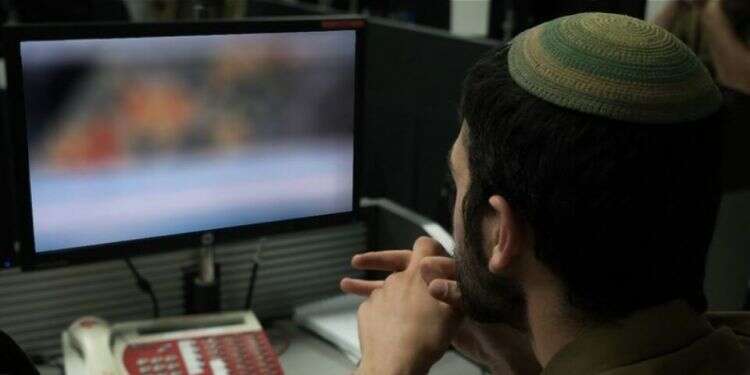The Battle of Wadi Saluka, during which seven Israelis soldiers were killed and dozens were wounded, is considered one of the most difficult battles to take place during the 2006 Second Lebanon War. Two of those wounded in the battle, Amit Maoz and Moshe Zini, would go on to meet through the Brother for Life organization, which assists wounded IDF soldiers.
Follow Israel Hayom on Facebook and Twitter
While Maoz and Zini found work in Israel's high-tech sector, according to Zini, they both noticed that the resumes of those who served in combat units but had no experience in the field were simply passed over. They decided to establish a program to enable those who served in combat units a smoother transition into the world of high-tech, where salaries are higher than the national average.
In a post to Facebook over the weekend, Maoz described seeing "those who served in technological units remove their military uniform and immediately gain entry into the most sought-after companies, while our fighters – those same people who gave the most in those years [of service] and literally risked their lives for us – find themselves at an inferior starting point for the life they want to build for themselves."
He described this feeling as a "punch to the gut. It bothers me on a personal level, as someone who passed on technological service for combat service. Don't get me wrong: These fighters will succeed despite it all. But on their path, a few questions will be raised: Combat fighters who are discharged [from military service] are usually discharged without any relevant professional experience, but they can provide great value to any male or female manager looking for employees who are dedicated, goal-driven, able to work as part of a team, capable of handling themselves under pressure … People who have been under fire, who dealt with difficulties the likes of which don't exist anywhere else in the world – they can handle anything and there's no replacement for that."
According to Maoz and Zini, one of the problems former IDF fighters face on their path to high-tech is they tend to take temporary work as security guards or in the service field that doesn't advance their professional goals. They argued those who served in combat units would be better served with professional, high-tech training that would allow them to gain experience and earn more money than they could otherwise expect to make.
With the high-tech sector suffering from a lack of manpower, such a program would be far easier to implement than the government's government talk of bringing in foreign workers to fill this gap, they noted.
According to Maoz, "Our vision is for every discharged fighter interested to be able to start on a track with the support and full cooperation of high-tech companies, within the framework of which they will undergo a few months training for their first position and start to work in the field."
He said, "Now it's our turn to show you that we appreciate you, and you deserve full support so that you can succeed in life and continue to do good for the people, the state, and yourselves."
Subscribe to Israel Hayom's daily newsletter and never miss our top stories!




